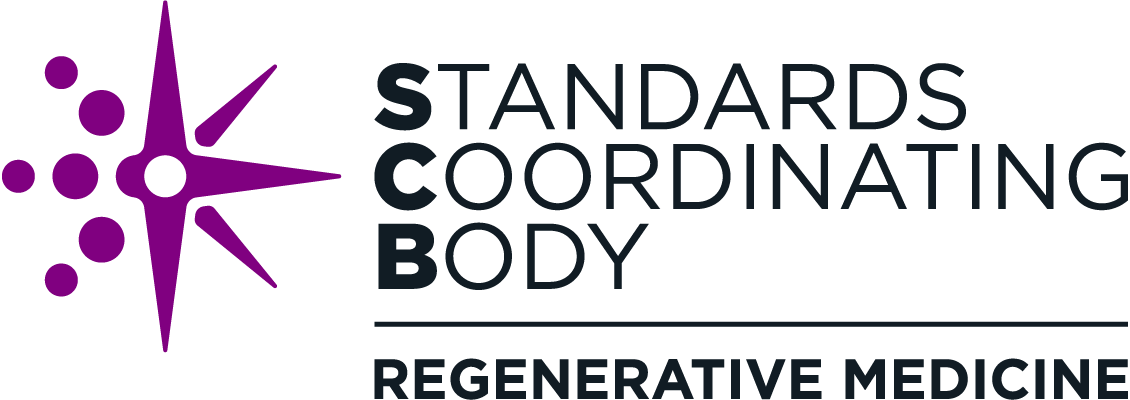Standards Development in Action: Reference Material for Human Adenovirus 5
Challenge
Viral vectors serve as a common delivery vehicle for gene therapy products, helping to insert a healthy gene or nucleotide sequence into patients’ cells to treat a wide range of diseases and genetic disorders. However, treatments using viral vectors can produce adverse and even life-threatening antigen reactions in patients if administered at the wrong dose. In 1999, a patient died due to a severe immune response during a gene therapy trial that used an adenoviral vector. The field lacked a reference material that could help regulators to adequately evaluate the safety of viral vector submissions.
Solution
ISBiotech—a professional society dedicated to the advancement of biotechnology—helped lead a working group of more than 30 experts in rapidly developing a viral gene vector reference material for Human Adenovirus 5 (Ad5), the most common virus used in generating recombinant adenoviruses for gene transfer at that time.
The group included stakeholders from industry, academia, and non-voting members from the U.S. Food and Drug Administration (FDA). To quickly develop an Ad5 reference material, group members pooled relevant data and donated material, including cell lines, viral seed stock, vectors, consumables, and characterization data.
Impact
Thanks to the cooperation of a diverse group of stakeholders, the Ad5 reference material was developed within two years—with a supply that was reliable and stable enough to last for more than 10 years and is still in use today. The reference material addressed a major safety concern and was critical to helping restore public confidence and supporting the continued growth of the gene therapy field.
Lessons Learned
Through its participation in the Ad5 reference material development effort, ISBiotech recognized the critical value of sharing data and materials to facilitate accelerated standards development. They encourage companies interested in standards development to share their data and methods whenever possible—particularly when a standard could have significant safety benefits. By investing in the regenerative medicine community through the contribution of knowledge and resources, individual organizations will ultimately benefit by fostering patient trust that strengthens the industry as a whole.
Get Involved in Standards Development through SCB
As a coordinating body, SCB helps streamline the standards advancement process by driving momentum, aligning stakeholder efforts, and helping projects overcome obstacles.
Individuals can provide feedback to SCB on needed standards or join SCB-coordinated projects to advance standards that benefit the broad regenerative medicine community.
Contact SCB today to get involved.




